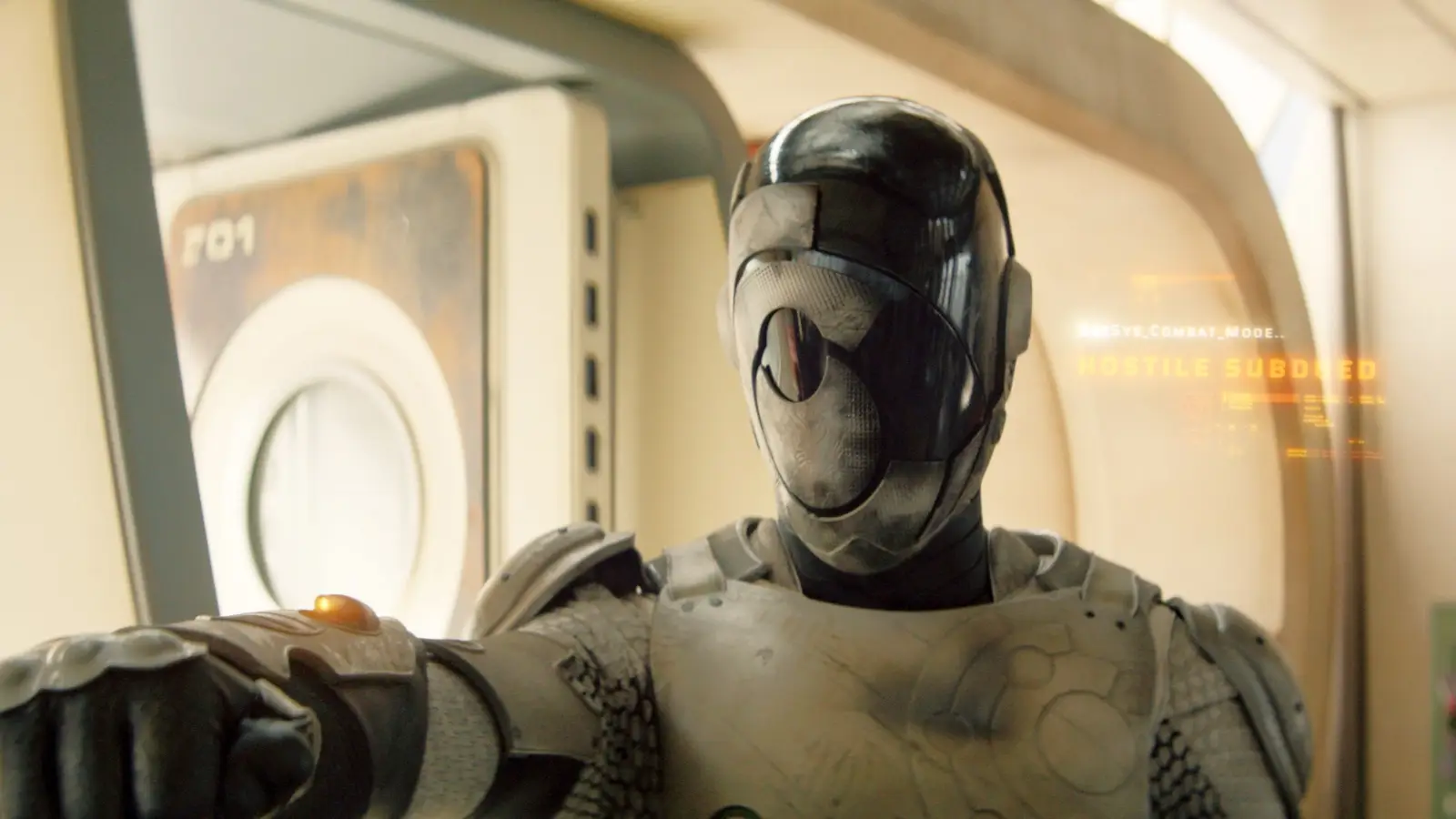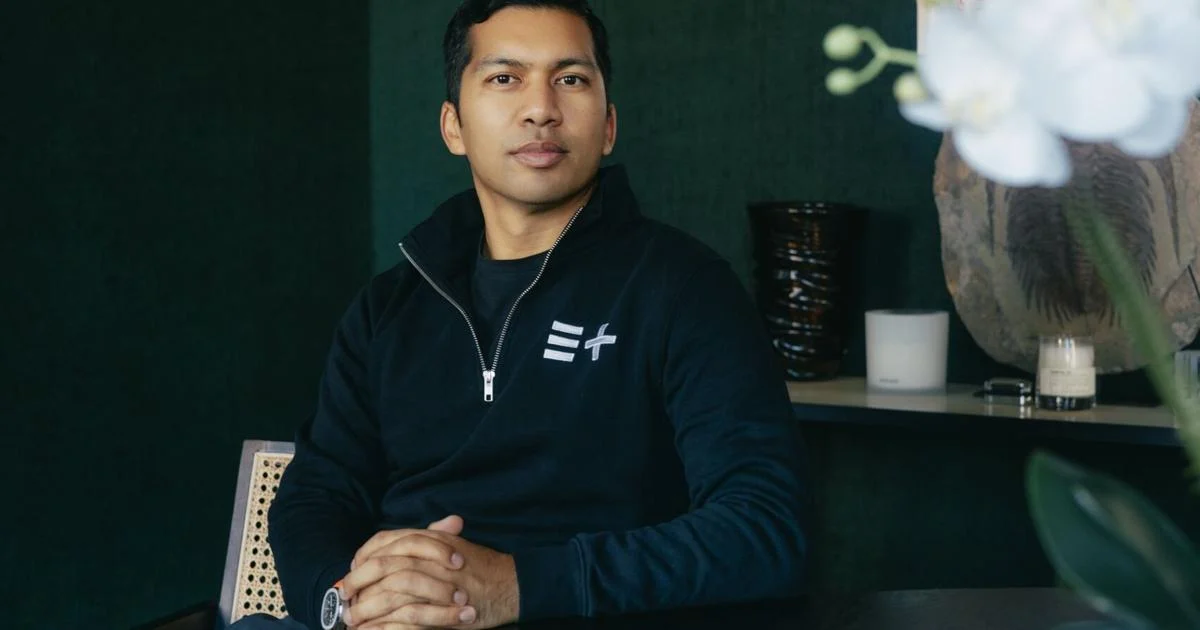Copyright Screen Rant

Few shows have ever matched The Twilight Zone in its ability to tell complete, resonant stories within the limited confines of 25 minutes. Its half-hour format was a proving ground for ideas that blended science fiction and morality. All types of Twilight Zone episodes operate like a literary short story, and that economy of storytelling is part of what made Rod Serling’s creation so enduring; their themes leave a huge impression on a small canvas. Still, some of those stories hint at worlds and lessons too large for the space they’re given. Their ideas invite expansion for a feature-length treatment, and considering how The Twilight Zone is one of the few TV shows that revolutionized the industry, it's fun to imagine the endless possibilities that could transform these tiny episodes into the next best Hollywood movie. Number 12 Looks Just Like You Season 5, Episode 17 As a short episode, "Number 12 Looks Just Like You" captures the eerie calm of a world that treats its insane uniformity as social progress. Its overexaggerated vision of a society where everyone undergoes surgery to become identical is haunting yet poignant, and the half-hour format heightens that sense of inevitability. A longer version could explore the world outside Marilyn’s apartment, on the smiling billboards and the casual talk of transformation that sounds more like ritual than medicine; it reminds me of the sci-fi masterpiece movie Brazil. Marilyn's rebellion would carry more force if we saw the loneliness that fuels it, the way she studies faces that all look the same and realizes she’s running out of time to be herself. The already devastating ending would strike an even louder chord if we’d truly known the person who disappears behind the new face. The Bewitchin’ Pool Season 5, Episode 36 "The Bewitchin’ Pool" could work as one of the best grim fairy tale movies that isn't a retelling, about children escaping a collapsing home; the image of a pool that leads to another world is simple and strange, and within the show’s short format, that strangeness feels immediate. But it's the exhaustion and neglect that drive the children to dive in that deserves more room than the episode gives it. A feature could explore that descent in full, tracing how small cracks in the family become fractures that never heal. It could also bring more dimension to Aunt T’s world, where comfort may hide something darker. The ambiguity is part of its power as a short story, but a film could let that uncertainty linger, showing how easily safety can start to look like denial and escape. The Arrival Season 3, Episode 2 In "The Arrival," a plane touches down exactly on time, its engines humming, but every seat empty. What should have been a knockout episode left me feeling as empty as the airplane, mostly because it doesn't leave enough space to explore the inspector's grief that caused him to bury the mysterious case he never solved. A proper thriller could earn that ending by turning the investigation into a study of grief and obsession, following the inspector as his search for answers begins to blur with his own memory—oh hey, kind of like one of Martin Scorsese's best movies. Each clue would deepen the sense that the mystery isn’t out there ,but within him, that his guilt has filled the space where reason should be. It’s a Good Life Season 3, Episode 8 "It’s a Good Life" is one of the most disturbing Twilight Zone episodes ever produced. The story of a small town held hostage by a six-year-old with absolute power works beautifully as a short story; we sense the fear in every smile and the tension in every forced cheer, yet the short format only hints at how fragile the victims are holding themselves together. A movie version of this episode could explore the rhythms of life under constant terror and the way families learn performative joy to survive in a "picture-perfect" neighborhood. The longer scope would also give space to Anthony himself to understand the isolation that comes with godlike power. There's a reason this is the only Twilight Zone episode to ever get a sequel, because it's so damn creepy. Back There Season 2, Episode 13 When a man finds himself in Washington, D.C., on the night of Lincoln’s assassination, the half-hour structure moves briskly through what could be a full meditation on inevitability. The compression keeps the tension high but doesn't exploew the moral and emotional complexity that follows him across time, the way some of the best time travel shows that actually make sense do. Look, I say take the concept of the premise and leave everything else out. When I watch "Back There," all I can think about is an action-adventure movie with a revisionist spin like Quentin Tarantino's The Hateful Eight or Django Unchained. Not everything needs to be so serious, and an idea like "stopping the Lincoln assassination" just sounds like a fun time at the movies if properly executed. The Hitch-Hiker Season 1, Episode 16 "The Hitch-Hiker" is a great example of The Twilight Zone playing with surreal ideas, and its simplicity is part of what makes it so haunting. A woman driving cross-country keeps seeing the same man by the roadside, appearing farther and farther along her route. Truly, this story deserves the slow drift of a road movie, where distance starts to feel like a trap and the paranoia amps. I maintain that nothing is scarier than a human hunting another human. The hitchhiker’s appearances could build from eerie coincidence to an unbearable certainty, and the twist—that she died in the crash we saw at the start—would land with even greater shock if the film allowed us to understand what she’s running from. Judgment Night Season 1, Episode 10 A man aboard a World War II passenger ship becomes convinced they’re about to be attacked by a German U-boat, though no one believes him. That's such an exciting vehicle for two hours of dread. The confined space, the fog, and the sense of déjà vu all point to a story that could thrive on accumulating tension. A film could turn this into a sci-fi slant on a psychological war movie, charting the gradual realization that the man’s guilt is his eternal punishment. His fragmented memories and growing certainty would build toward the revelation that he was once the attacker, not the victim. The Lonely Season 1, Episode 7 In "The Lonely," a Twilight Zone episode that everyone should watch at least once, a man exiled to an asteroid receives a robotic companion, and in isolation he learns to love her. The premise already works as a parable about loneliness and human need, but the story’s intimacy really touches upon the age of AI that we seem to be headed toward. The ending, where he’s forced to destroy her in order to return home, is devastating in 25 minutes, yet a movie could make it unbearable. I can fully envision this as a heartbreaking sci-fi romance, a visual feast, one that's worthy of Best Picture. Will the Real Martian Please Stand Up? Season 2, Episode 28 "Will the Real Martian Please Stand Up?" is The Twilight Zone at its most playful. Strangers stranded in a diner during a snowstorm begin to suspect that one of them isn’t human, and the format’s brevity makes every exchange count. The claustrophobia works beautifully, but the story feels like the first act of a larger whodunit. Yes, we've seen this movie a dozen times, but I can't think of one that adds the alien slant to the story. The episode’s famous double twist of the Martian reveal followed by the Venusian counter was a clever irony on television, but in a feature, it could feel like a final confirmation that humanity’s paranoia was justified all along. The Monsters Are Due on Maple Street Season 1, Episode 22 It's one of the best Twilight Zone episodes for a reason. A quiet suburban block loses power after a strange flash in the sky, and within hours, suspicion turns neighbor against neighbor. This story, more than almost any other Twilight Zone episode, feels ready for a longer form. Its portrait of fearmongering and xenophobia practically writes itself in today's society. A feature could begin in daylight, showing the street’s easy normalcy before everything unravels. The reveal, that it was all engineered by unseen observers, would still work, but I wouldn't make it the ending; that would be the first Act twist. I'd want to see how the rest of the story explodes from there.



